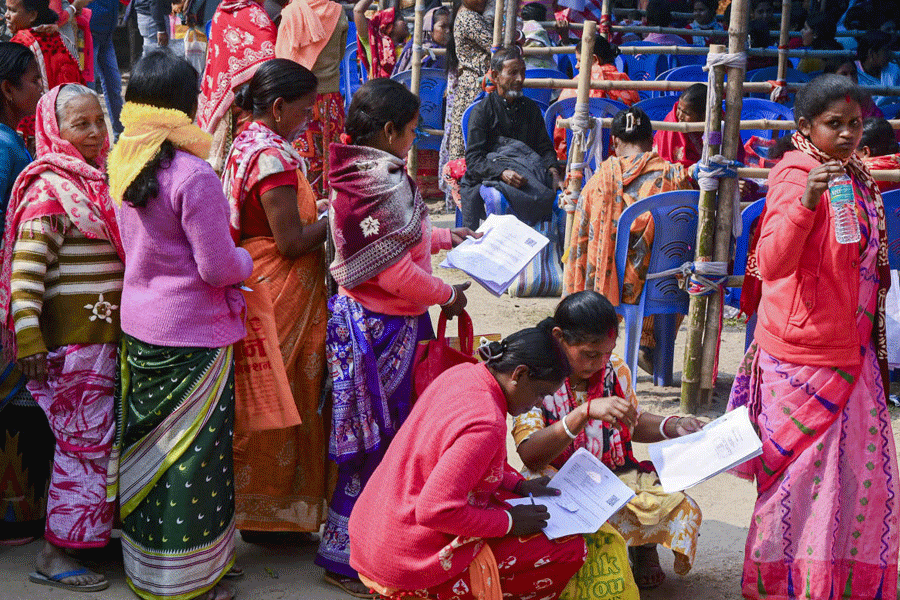Progress takes place in spite of hurdles. And if progress means giving women their autonomy, even though imaginatively, or suggesting a more equitable gender balance than Indian society is comfortable with, then it also has a positive economic effect. So when advertisers throw off their musty notions that result in leggy women embracing truck tyres and turn towards the changes taking place in everyday life, the products they advertise sell. A study by a data analytics company and the Advertising Standards Council of India found that companies which had advertisements projecting progressive roles for women — matching real life, of course — and equality in gender relationships were rewarded with a positive 32 per cent impact in short-term sales and with an improvement of a brand’s equity by as much as 51 per cent. The change, however, was noticed mainly in advertisements of food and drinks and personal care products; household categories were still burdened with stereotypes. A detergent advertisement makes the slowness of change itself its slice-of-life story: a mother trains her son to use the washing machine when she realizes her daughter has to quit work because her husband cannot do household chores. Similarly, a father helps his wife with laundry after he sees his working daughter exhausted with chores at home. Helpfully, the urban salaried classes have washing machines for the men to use; husbands and sons bent over the household’s washing under a running tap would be less believable.
Women sportspersons in an advertisement for sports shoes or skin and hair-care products being advertised by emphasizing the diversity of beauty are indicators of change, while other advertisements take extra steps to dismantle social prejudices. A toothpaste advertisement has an elderly woman announcing her remarriage, for example, and a razor advertisement shows that the toughest men do cry. All this is not enough, as women feel they are more advanced than advertisements suggest. But even if the positive impact on sales is tempting, together with a genuine desire for change, advertisers are condemned to be aware of their context. In Narendra Modi’s India, an advertisement showing a much-loved Hindu daughter in-law in a minority community household had to be withdrawn. Besides, progressive advertisements are just a tiny symptom of change; rural India still smiles on hoardings only when ministers smile.











